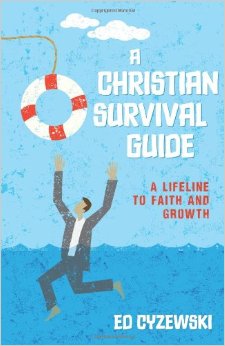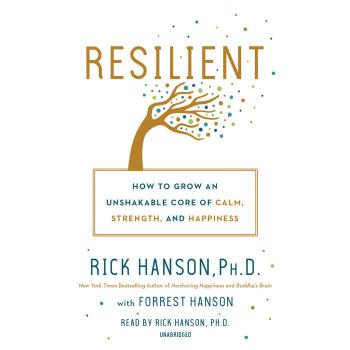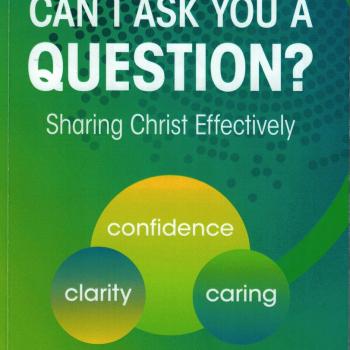A Christian Survival Guide by Ed Cyzewski
A Christian Survival Guide by Ed Cyzewski is a book meant to challenge your faith. In it, Cyzewski challenges everything about the Christian faith. He dislikes the traditional interpretations of the Scriptures. He struggles with the nature of prayer. He cites the experiences of Billy Graham as well as Mother Teresa in showing that prayer works, yet that God does not speak as often as one might think in prayer. Uncertainty and fear seem to run through the prayer life of Cyzewski (33). He compares reading the Bible to tending a garden (44). He suggests that describing God as violent can only apply to the conquest of Canaan (54). In general, God is a loving. I concur with this assessment and I am glad that Cyzewski took the time to struggle with this notion and come to a proper resolution about the nature of God. However, if he seems to get God’s nature properly understand, there are other areas in the Bible which Cyzewski has a hard time reconciling with the traditional evangelical interpretation.
For example, He doesn’t give a definite answer about the nature of hell. He insists that there is more we don’t know than what we know. Cyzewski states that since this is true, we should spend more time talking to others about the kingdom instead of debating the nature of hell (89). I personally think that even though the Bible does not tell us everything about the nature of hell, it speaks enough about it and that people should not want to go there. The Gospel present hell as such as place that no one should end up in. Just because I don’t know everything about hell, it doesn’t mean that I should not warn people. In other words, even if I don’t know what’s on the bottom of the cliff, I still want to warn people that they may fall off the cliff if they don’t turn around.
However, there are good points in this book. Cyzewski describes the difference between hot cognition and cold cognition when it comes to the discussion of evil and pain (65-66). When one goes through a difficult time in life where one encounters suffering, we tend to ask questions with hot cognition (our emotions). As we step away further from the suffering event, we can start to look at it more rationally (cold cognition). His best statement about the matter is summed up in this sentence (73):
“The most comforting explanation I can find for God’s relationship with pain and suffering is this brief verse of Scripture: “Jesus wept.””
Cyzewski correctly affirms the reliability of the Bible. He states this important quote (100):
“When people ask me if the Bible is true, I could certainly point them to plenty of reasons why the stories are accurate and reliable. However, I find it far more compelling that the Bible speaks of healing and new life through Jesus, and people today can find exactly that. We can prove the reliability of plenty of ancient books, but the unique place of the Bible is that we can live in its truth today. We too can experience peace, hope, joy, healing, wisdom, and every other good thing promised in its pages.”
I agree that we can’t win every argument when it comes to the reliability of the Bible. People’s perceptions and doubts may be too strong for human arguments. However, a changed life is hard to disprove.
Cyzewski states that the Bible should interpret culture and not the other around. However, at the same time, he is comfortable with stating that the Bible can make us uncomfortable. I personally liked his take on church planting. In a section in which he shares how to really plant a church, one should use the book from Ephesus Press entitled The Papyrus-Driven Church by Paul the Apostle (112). Paul shares the important steps to church planting:
how to avoid getting shipwrecked by a nor’easter
how to survive a shipwreck if the captain won’t listen
how to pay your own way through tentmaking
how to pastor churches through letter writing
how to multitask while chained to a soldier
He also provides tips avoiding angry, rock-throwing mobs. Paul provides the final answers to the most pressing questions in the church today, including qualifications for pastors, circumcision guidelines, household roles, marriage instructions for widows, and effective insults for false teachers. The final chapter provides an advanced series of teachings on how to pray in tongues, how to visit heaven in a vision, and how to hand sinners over to Satan.
Cyzewski also addresses the nature of sin, how the church should really be, the Holy Spirit, and how to share Jesus with others. It seems that his desire was to make Christians think about their faith, find a new perspective and be challenged to live for Christ anew. I appreciated some of the ways Cyzewski tried to challenge me in my faith. But like many other Christians who grew up in traditional churches, and then spent time elsewhere, he challenges through the lens of skepticism. This post-modern analysis of the church will probably speak to some people. Perhaps for some people this would be a helpful read. I just think that in the end, a Christian should be encouraged in their faith, not discouraged enough to doubt it.
Disclosure of Material Connection: I received this book free from the author and/or publisher through the Speakeasy blogging book review network. I was not required to write a positive review. The opinions I have expressed are my own. I am disclosing this in accordance with the Federal Trade Commission’s 16 CFR,Part 255.













